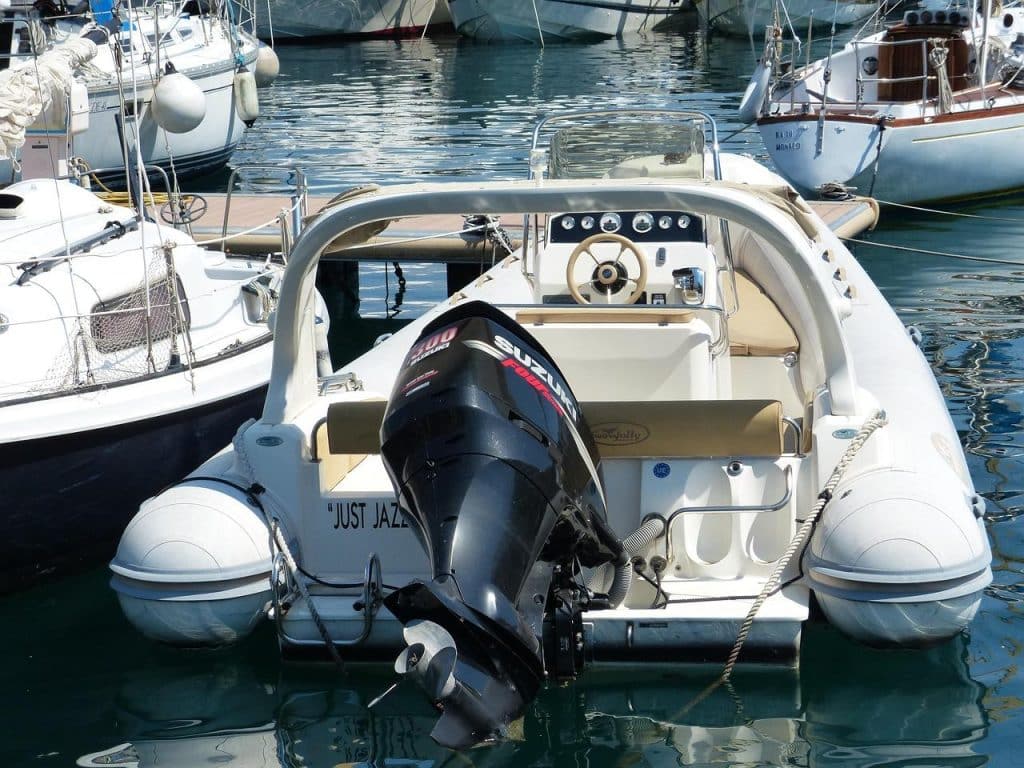Electric outboard motors have become increasingly popular among boaters, anglers, and outdoor enthusiasts who want a quieter, cleaner, and more efficient way to power their vessels. As technology improves and more Electric outboard motors for sale appear on the market, many people are wondering whether an electric motor is the right choice for their needs. Below is an in-depth look at the benefits and limitations to help you make a confident decision.
Introduction to Electric Outboard Motors
Electric outboard motors are designed to offer an alternative to traditional petrol-powered engines. Instead of fuel combustion, they run on rechargeable batteries, making them quieter and more environmentally friendly. Modern electric motors also come in a wide range of power levels, from small units for kayaks and dinghies to larger options suitable for fishing boats and day cruisers.
While they provide many advantages, electric outboards are not perfect for every type of boater. Understanding both sides of the equation will help you match the right motor to your vessel and usage style.
Advantage: Quiet and Peaceful Operation
One of the most noticeable advantages of electric motors is their extremely quiet performance. Unlike petrol engines, which produce noise and vibration, electric motors run almost silently.
This quietness is valuable for several reasons:
- You can enjoy peaceful time on the water without engine noise.
- Wildlife and fish are less disturbed, which is ideal for anglers.
- Early morning or late-evening boating becomes more comfortable for passengers.
For people who enjoy calm, low-impact boating experiences, this benefit alone can make electric outboards very appealing.
Advantage: Environmentally Friendly Technology
Electric outboard motors do not produce exhaust fumes, oil leaks, or direct emissions. This makes them a better choice for:
- Eco-conscious boaters
- Lakes and rivers that restrict petrol engines
- Wildlife areas where water quality must be protected
Since they don’t rely on fuel combustion, electric motors also reduce dependence on fossil fuels. Over time, this can help reduce your boating carbon footprint.
Advantage: Low Maintenance Requirements
Traditional outboard engines require regular maintenance such as oil changes, spark plug replacements, and fuel system cleaning. Electric motors, on the other hand, have fewer moving parts and no fuel-related components.
This leads to:
- Lower long-term maintenance costs
- Less time spent on repairs
- Fewer mechanical issues on the water
For busy boaters or beginners who want a simple, low-maintenance setup, an electric motor is often a practical option.
Advantage: Cost Efficiency Over Time
While the initial price of electric motors may seem higher, long-term operating costs tend to be much lower. Electricity is cheaper than fuel, and the lower maintenance demands reduce yearly costs.
Many buyers exploring Electric outboard motors for sale find that the long-term savings make electric motors an appealing investment, especially for frequent boaters or rental operators.
Disadvantage: Limited Range and Runtime
Despite their benefits, electric outboard motors do have limitations. One of the most significant is battery runtime. How long a motor can operate depends largely on:
- Battery size
- Speed settings
- Water conditions
- Motor efficiency
At higher speeds, battery life can drop faster, limiting how far you can travel. This makes electric motors better suited for short trips, calm waters, or slow cruising.
For long-distance boating, petrol engines still outperform electric systems.
Disadvantage: Longer Charging Times
Even with fast-charging options, fully recharging a battery takes much longer than refuelling a petrol tank. Depending on your setup, charging can take anywhere from 2 hours to overnight.
This delay can be a challenge if you:
- Go boating frequently
- Need quick turnarounds
- Don’t have access to charging infrastructure
Planning ahead becomes essential when relying on battery power.
Disadvantage: Higher Upfront Cost
Although prices have dropped in recent years, electric motors and batteries still cost more upfront than petrol motors of similar power. When browsing Electric outboard motors for sale, buyers often notice that modern lithium batteries significantly increase the total cost of the system.
However, the long-term savings and reduced maintenance often balance out this initial investment.
Disadvantage: Weight and Battery Storage
Electric motors themselves are usually lightweight, but batteries can be heavy. Additionally, you must plan space on your boat to safely store them.
Challenges include:
- Reduced onboard space
- Added weight, affecting boat performance
- The need for secure battery mounts
For very small boats or kayaks, battery weight is a significant consideration.
When Electric Outboards Are the Best Choice
Electric outboards are ideal for boaters who:
- Travel on calm lakes, rivers, or short distances
- Value quiet operation
- Want an eco-friendly option
- Prefer low maintenance
- Use their boats for fishing or relaxing trips
They are also perfect for areas where petrol motors are restricted or banned.
When You May Prefer a Petrol Outboard
A petrol outboard may be better if you:
- Travel long distances
- Need fast cruising speeds
- Plan extended offshore trips
- Don’t have regular access to charging equipment
In these cases, the extended range and quick refuelling of petrol engines may be more practical.
Conclusion: Choosing the Right Motor for Your Needs
Electric outboard motors offer a modern, efficient, and environmentally friendly way to enjoy the water. Their quiet operation, low maintenance, and long-term cost benefits make them a smart choice for many boaters. However, it’s important to consider their range limits, charging requirements, and higher initial investment before making a decision.
